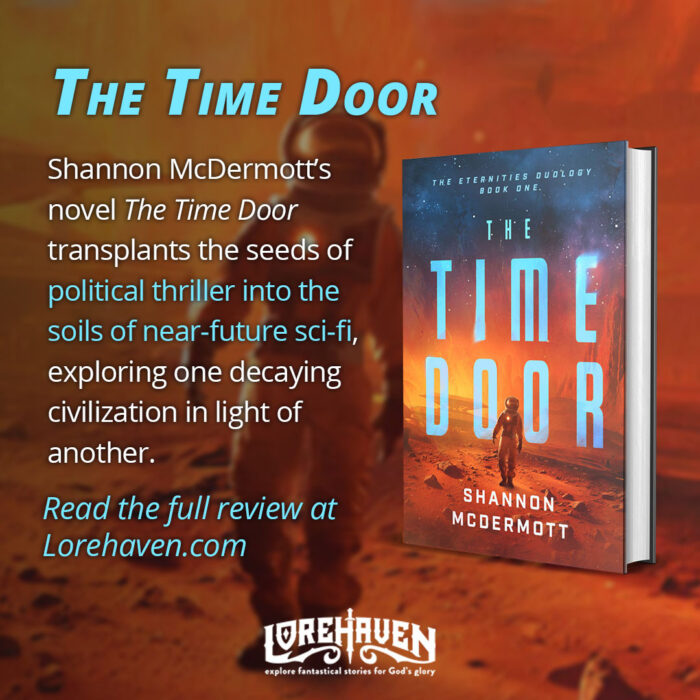How Fantasy Books Help Us Recover Reality
Have you ever picked up a fantasy book and felt the need to justify it? Maybe classify it as a guilty pleasure? Intersperse your novel reading with “realistic” reads so that you don’t lose sight of real life?
Let’s think about that for a moment.
Fantasy helps us recover true realism
Is fantasy a separation from real life?
In one sense, yes. Fantasy is often set in a different world or contains elements that can’t be found in ours. Yet fantasy holds a unique position in helping us see the true world in a way that “realistic fiction” cannot.
It says something about our worldview that when a novel adds spiritual elements, we automatically stop classifying it as “realistic fiction. ” Ghosts make a book paranormal; magic or made-up creatures make it fantasy. But is that reality? Doesn’t most so-called realistic fiction leave out part of the picture?
As Christians, we know that the material world isn’t all there is. We know that there is not only such a thing as spiritual warfare, but a God who loves us and came down to live among us and save us. There is a world we were made for, and it isn’t this world.
Yet how often do we forget and view this world as the only reality? How often does that way of thinking creep into how we live?
Fantasy opposes the idea that the natural world is the only reality that exists. Fantasy keeps our imaginations open to things beyond the visible and creates a category in our minds for a reality outside our material experience. It helps awake the longings that come from being creatures of flesh and spirit.
To live in accordance with the truth, we must be aware of the true realities of this world, and not just the ones we can see and touch.
Fantasy helps us gain true perspective
Early in the Marvel Cinematic Universe film Doctor Strange, Stephen Strange declares there is “no such thing as spirit! We are made of matter, and nothing more. We’re just another tiny, momentary speck within an indifferent universe.”
As the movie continues, he is proven wrong. His self-focused worldview, which would make sense in a merely naturalistic world, is turned on its head. As viewers, we don’t sit there thinking that Doctor Strange has somehow lost sight of reality. We discover the same truth he finds: that life isn’t about him, and that there is nobility in sacrifice and standing up for the good of others.
Fantasy helps us perceive spiritual struggles
Stories and films like this echo life’s realities, of our belonging to another world. They shake our comfortable materialism and remind us that we, as the apostle Paul says, “do not wrestle against flesh and blood, but against the rulers, against the authorities, against the cosmic powers over this present darkness, against the spiritual forces of evil in the heavenly places.”1
Fantasy gives us stories that reflect reality by including this dimension of our life. And because we are people of story, this is important to us.
Stories enter the heart. They engage us on the level of emotion and experience as well as intellect, allowing us not only to more easily grasp complex truths, but also to learn and embrace them in a way that is difficult or even impossible through strictly intellectual avenues.
Time we spend consuming and enjoying fantasy is not time we spend simply for pleasure, though this task is certainly pleasurable. This is a way we can teach our minds and train our hearts to see the world, as it actually is, more clearly.
In a world bent toward naturalism, whose materialistic ideals pervade most of our lives, fantasy works as a tool to help keep our minds and hearts aligned with the truth.
Fantasy helps us recover our sight.
- Ephesians 6:12, ESV. ↩




































I want to memorize this to have it on the tip of my tongue next time somebody calls fantasy “unrealistic” or “just for fun.” Thanks so much for this!